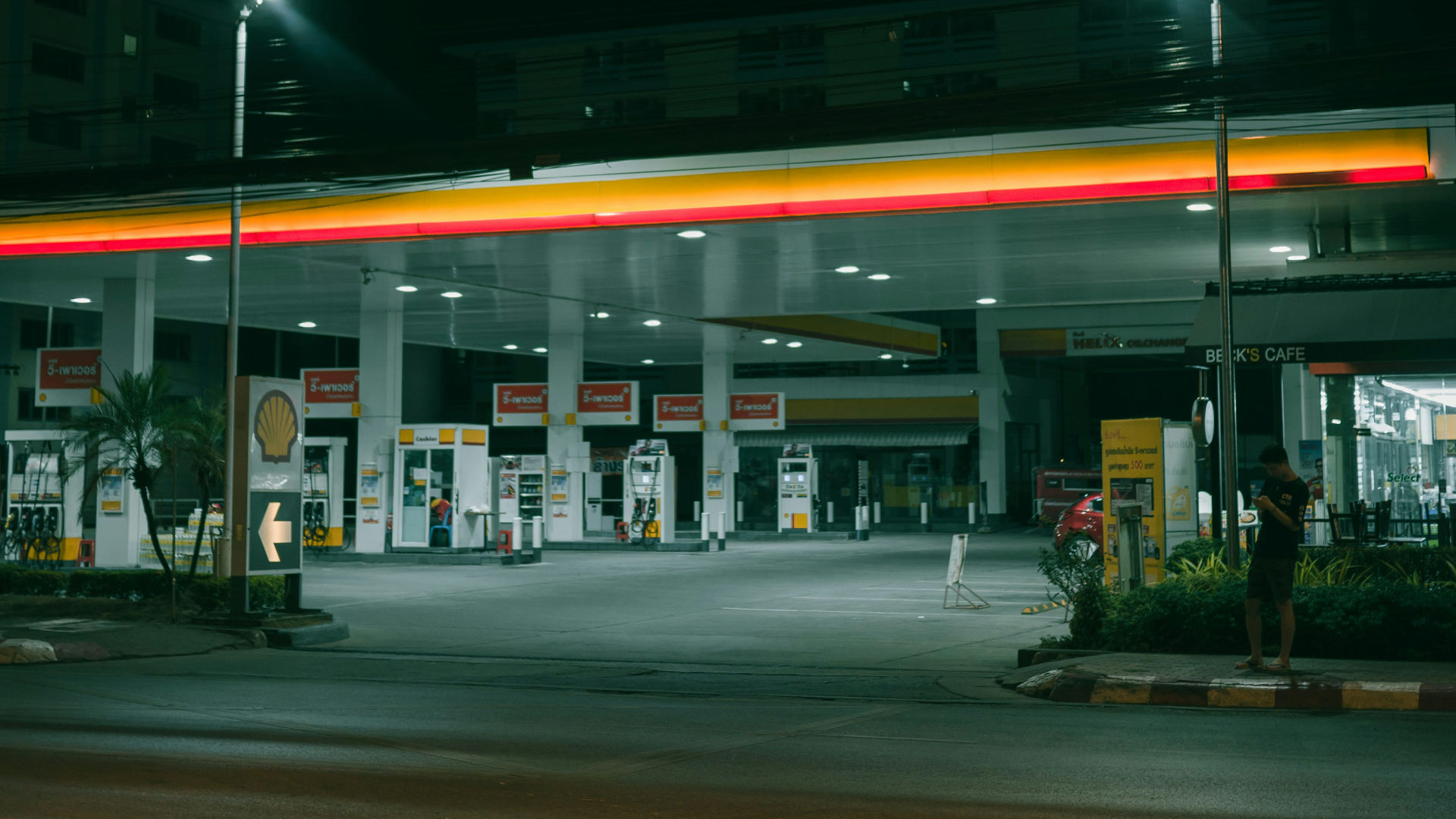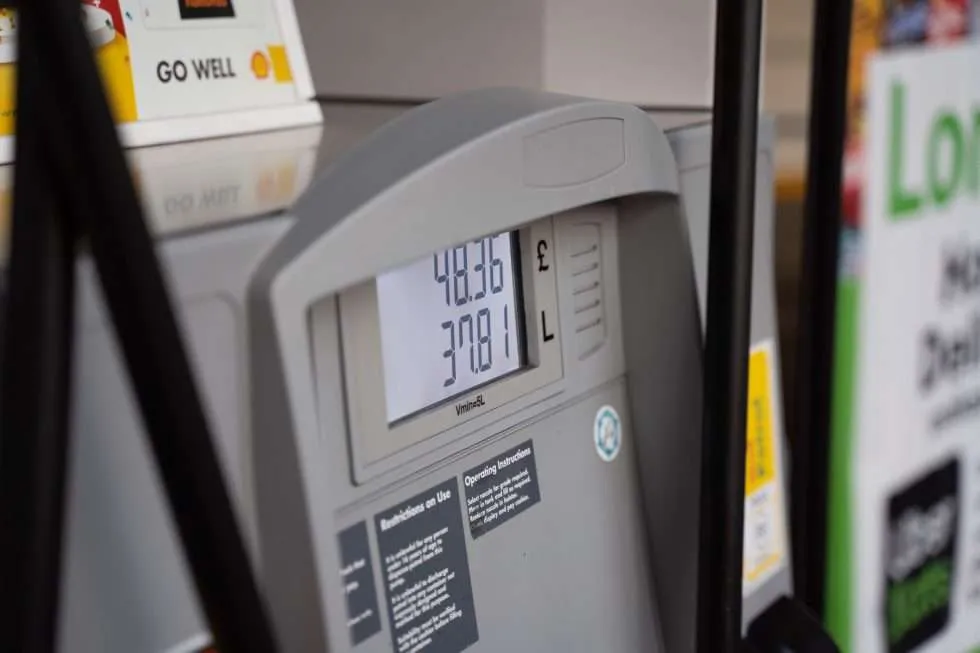Germany’s Plan to End “Ping-Pong Prices”: Petrol Could Become More Expensive

Constant price swings frustrate German drivers
Anyone who travels across the border to fill up in Germany knows it can be much cheaper than in neighbouring countries — sometimes by as much as 30 cents per litre. But German petrol prices fluctuate constantly throughout the day.
According to Germany’s Federal Cartel Office (Bundeskartellamt), fuel stations may change prices 20 to 50 times a day, creating so-called ping-pong prices. This makes it nearly impossible for drivers to plan when to refuel.
Station employees also face angry customers, even though oil companies — not the staff — set the prices.
Proposal: Limit price increases to once a day
The federal state of Baden-Württemberg has proposed adopting the Austrian model, which allows fuel stations to raise prices only once per day. In Austria, prices can only increase at noon, but they may be reduced at any time during the day.
Supporters believe this would bring greater price stability and transparency for consumers. Austria has used this system since 2011, and its Ministry of Economic Affairs says it has improved public trust in fuel pricing.
Critics: “Populist and economically short-sighted”
Fuel industry representatives strongly oppose the proposal. The Federal Association of Independent Petrol Stations (BFT) calls it populist and economically flawed. They argue that the current system already ensures transparency, as every price change must be reported within five minutes.
Critics also warn that limiting price increases could actually make average fuel prices in Germany higher. To protect their profit margins, petrol stations might start each day with a higher initial price, leading to more expensive fuel overall.
Evening refuelling is often cheaper
Currently, drivers who refuel in the evening often pay less. Petrol stations tend to lower prices later in the day because they make more profit from customers buying food and drinks inside the shop.
This balance between lower fuel prices and higher in-store sales benefits both sides — but it may disappear if the new pricing rule takes effect.
Without the natural day-night price cycle, the petrol price in Germany could become more consistent, but also more expensive on average.
Mixed reactions among motorists
Reactions from German motorists are divided. Some welcome the idea of more predictable prices, while others fear that petrol prices in 2025 will climb even higher.
The proposal still needs approval from the Bundesrat (Germany’s upper house), but one thing is certain: if passed, tanking in Germany will never be the same again.

